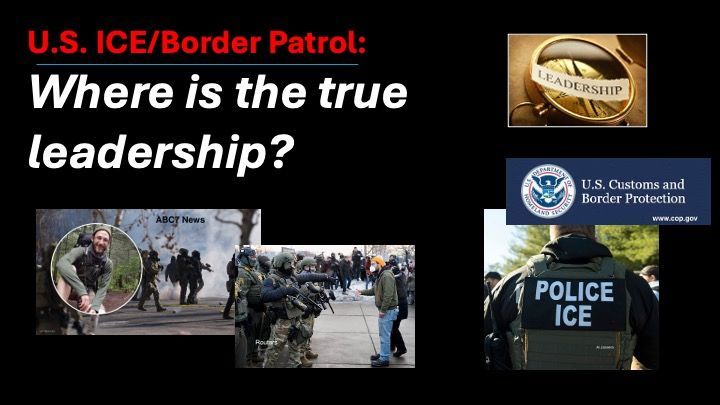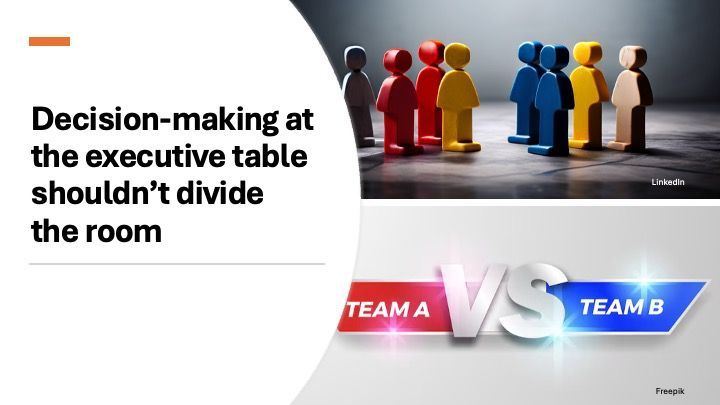New Paragraph
Cover Photo from www.quotemaster.org
Sometimes wholesale change isn’t necessary
I recently heard of an incident in a police service where an individual convinced the senior executive that an established unit was dysfunctional and needed significant changes. Without question or consultation, the Unit Manager was reassigned and a new Manager from the “A Team” (coincidentally the same individual that suggested change was required) was placed in charge. Many changes were implemented without consultation, and eventually most of the remaining staff members requested transfers. Those that remained were demoralized. They all felt that they were doing good work, had put their hearts and souls into their jobs, and all they had built had been destroyed.
Within a year, the unit was not showing signs of delivering better service, but staff and client groups felt the changes had diminished the effectiveness of the unit. Management then directed that methodologies largely return to the way they were, and the A-Team Manager was promoted and transferred. Life in the unit went on from there. It was too late for the ousted Manager that may never recover career-wise, while the A-Team “leader” was rewarded for the disaster.
Sound familiar? I know I could take that same template and apply it to a number of leadership catastrophes I’ve watched from afar. It often came down to who was liked by the bosses of the day and who they believed. As above, if an A-Team member said, “That place is a mess, it needs change, I can fix it”, then that was accepted as gospel. No study, no discussion with client groups, no assessment, just banish some committed and hard-working Manager to the backbench and ruin their morale and reputation, then the shining star A-Team member is sent in to “fix” it all. Most often it was not a success story down the road.
Similarly, I saw situations where a good Manager transferred or retired, and the new Manager told the senior executive, “What a disaster this area is but have no fear, I’ll fix it.” The good reputations of retired leaders were sullied forever by bootlickers that managed up and back-stabbed their entire career, but never had an original thought.
The fact that situations like this ever occur is a failure of leadership on many fronts.
Where was the immediate supervisor that the Unit Manager reported to? If the place was a mess, then why wasn’t he or she aware of that and take action to improve service delivery before some uninvolved person meddled for self-serving purposes. Also, before making significant change while ruining a career and the morale of other good employees, there should be some analysis of the business plan and metrics achieved, as well as discussions with staff and client groups. Significant change should never occur solely because of the feedback of an outside individual with a personal agenda. Making change too quickly or without foundation serves neither the unit, the clients, the organization or all involved people very well.
In our rapidly changing world, organizations that are continually assessing their internal and external environments and have developed a culture among personnel at all levels whereby they are constantly looking for ways to better deliver service, will make change for the right reasons. Change that isn’t for the personal gain of individuals but for the customers and the organization as a whole, will lead to success for the company and undoubtedly for the employees therein.
Conversely, companies and agencies that remain in the “that’s how we’ve always done it” rut, will remain stagnant at best and the likelihood of delivering the very best service possible to the client will not be high. But then again, when organizations are properly scanning and assessing their environments and the feedback from clients and employees indicates all is well, then there may only be the need for minor tweaking occasionally and not a need for wholesale change.
A cycle of continuous dialogue is the only path to success, but unfortunately in some work units and entire organizations it is not always seen or felt. In some instances, frustrated employees feel that only a chosen few of personnel have a say and therefore keep their opinions and suggestions to themselves. The default position of “let them figure it out” that emerges helps no one in the long run.
An internal culture of openness, honesty and the feeling of employees that their opinion not only counts but is encouraged, is the key to success on so many fronts, including identifying the “why” the “what” and “how” to implement change effectively.




